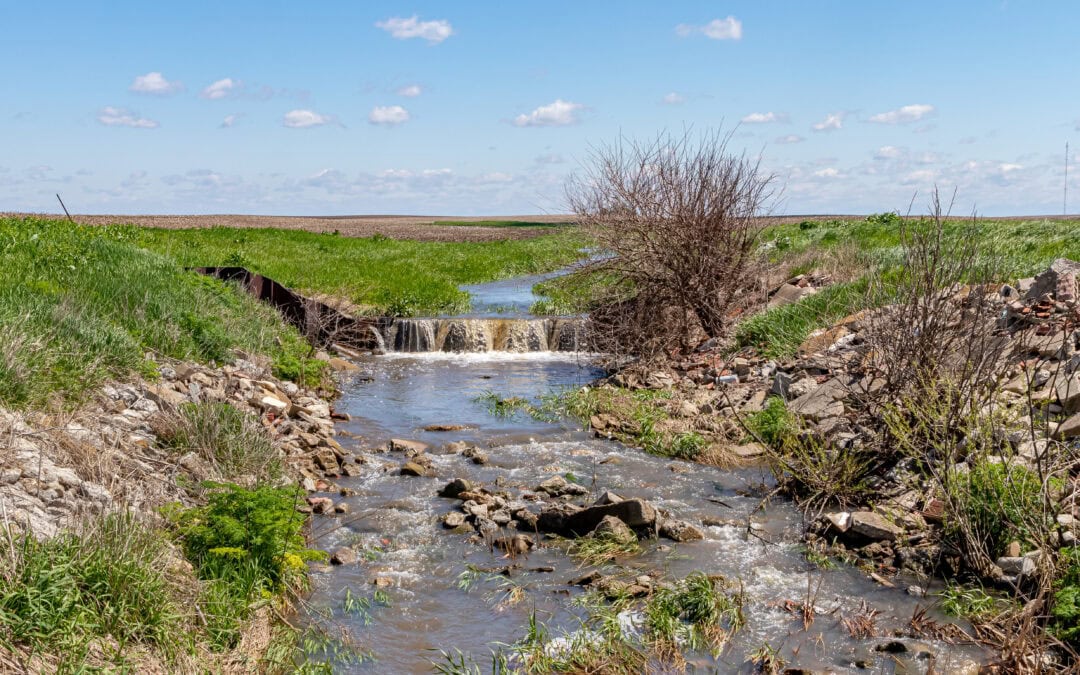Understanding the effects of pollution is beneficial for every resident of Louisiana, given its potential impact on the environment, public health, and the natural beauty of our state.
What is Pollution?
Pollution can be defined the introduction of harmful substances or contaminants into the natural environment, causing an imbalance and potentially damaging effects. These pollutants can come in several forms, including chemical substances or energy such as noise, heat, or light. Pollution is frequently a byproduct of human activities and can lead to adverse changes in the air we breathe, the water we drink, or the land on which we live and grow our food.
Common Causes of Pollution
Understanding what causes pollution is the first step toward finding solutions and minimizing its effects. Pollution can come from a wide variety of sources, including certain commercial and industrial activities.
Industrial waste, in particular, is one of the main culprits, with industries such as manufacturing, mining, and oil and gas production often releasing pollutants into the environment. Sometimes this is done accidentally and sometimes as a part of regular operations in these industries. When operations cease, abandoned industrial equipment can also have long-term negative effects, such as leaking toxic materials into the surrounding land and water. This pollution can impact the environment for years or even decades after the equipment has been left unused.
The Devastating Effects of Pollution
No matter the source, pollution significantly impacts the land, water, air, and organisms, disrupting environmental processes and causing harm to all forms of life. The consequences can vary depending on the type of pollution, but the overall negative impact can be undeniable.
Land Pollution
Land pollution primarily occurs as a result of waste disposal, industrial activities, and agricultural practices. This form of pollution leads to soil degradation, making it less productive for agriculture and disrupting the habitats of many organisms. Chemicals seeping into the ground can also contaminate groundwater resources, affecting both humans and wildlife.
Water Pollution
Water pollution is often caused when harmful substances are introduced into groundwater and water bodies, such as chemicals, heavy metals, and plastic waste. This pollution not only makes the water unsafe for drinking and irrigation but also severely impacts aquatic ecosystems. Aquatic life, including plants, fish, and microorganisms, struggle to survive in polluted waters. In many cases, water pollution can lead to the death of these organisms, disrupting the food chain and causing ripple effects across all levels of the ecosystem.
Air Pollution
Air pollution is commonly caused by the emission of harmful gases from industries, vehicles, and other human activities. Polluted air can have severe health impacts on humans and animals, causing respiratory diseases and other health problems.
Pollution’s Impacts on Living Organisms
Regardless of its form, pollution significantly impacts all living organisms. It can cause health issues, disrupt food chains, and lead to loss of biodiversity. The long-term effects can lead to irreversible changes in ecosystems, affecting future generations of all species.
Signs of Pollution: What to Look For
Landowners can play a crucial role in identifying pollution on their property by looking out for several signs.
- Inspect Your Land: Regular inspections can help detect changes in the soil, vegetation, and bodies of water (if any) on your property. This could include unusual discoloration, growth of unfamiliar plants, or the death of existing vegetation.
- Soil Testing: You can take samples of your soil and have them tested for contaminants. This can be particularly useful if you suspect industrial waste or agricultural runoff may have affected your land.
- Monitor Water Sources: If your land has a natural water source, like a pond, river, or stream, regularly monitor the water’s appearance and smell. Changes in color, clarity, or the presence of an unusual odor can signal water pollution.
- Watch for Wildlife: Changes in the local wildlife can also indicate potential pollution. This could include decreased wildlife sightings, unusual behavior, or the presence of dead animals.
- Check for Air Quality Changes: If your land is affected by air pollution, you may notice an increase in dust, soot, or unusual smells.
Whenever you identify potential signs of pollution, it’s important to report them to your local or state environmental agency. They can help to conduct a more thorough investigation and provide guidance on next steps.
Legacy Litigation: Combatting the Effects of Pollution
In Louisiana, Legacy litigation serves as a powerful tool in the battle against pollution. It provides a legal avenue for property owners to hold those responsible accountable for their actions.
Particularly in cases involving the oil and gas industry, Legacy litigation can be instrumental in seeking justice for environmental damage caused by abandoned or poorly maintained industrial equipment. The goal is to ensure the property is properly remediated and restored under the law.
Take Action Against Pollution
If you suspect your property may be polluted due to historic oil and gas operations, reach out to our team at Talbot, Carmouche & Marcello. Our firm is knowledgeable about the complexities of Legacy litigation related to environmental damage caused by the oil and gas industry. We have decades of experience in this area and our team has won over $3 billion for our clients in verdicts and settlements.

